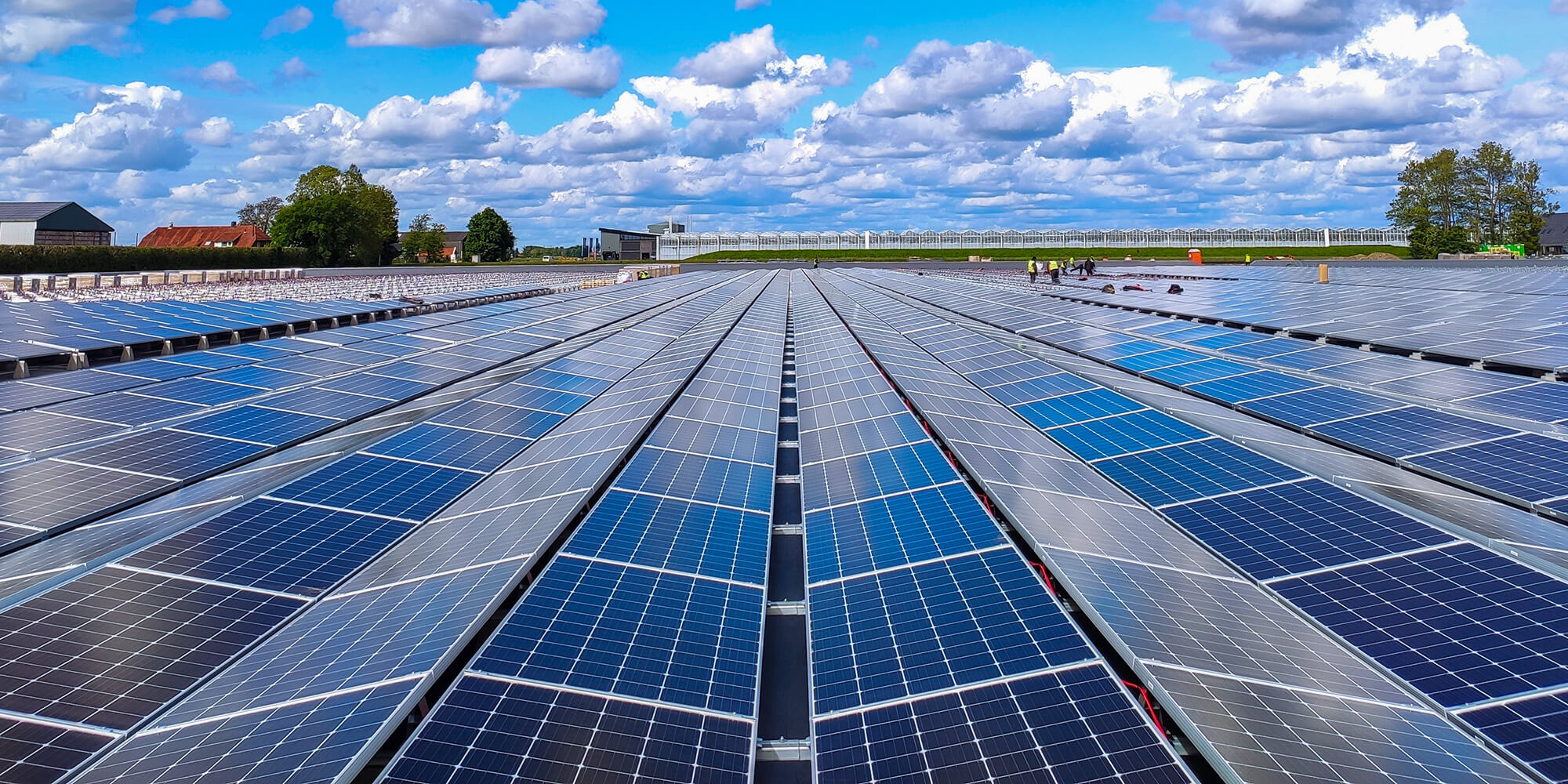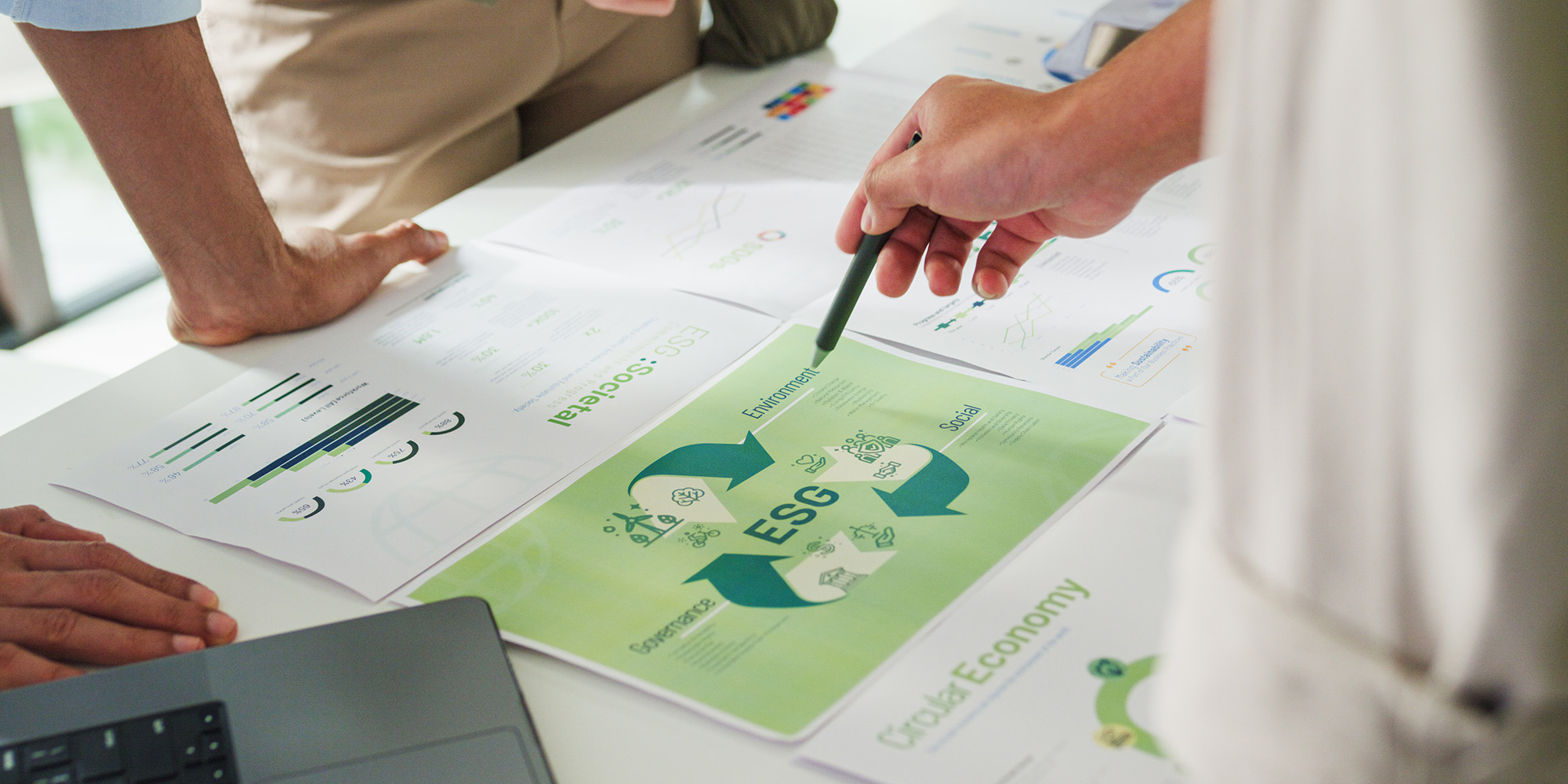 Demand for documented renewable energy is accelerating in the United States. Renewable Energy Certificates (RECs) are gaining traction in policy and mandatory reporting requirements. At the same time, voluntary demand has significantly increased its share in a market once heavily dominated by mandatory state targets.
Demand for documented renewable energy is accelerating in the United States. Renewable Energy Certificates (RECs) are gaining traction in policy and mandatory reporting requirements. At the same time, voluntary demand has significantly increased its share in a market once heavily dominated by mandatory state targets.
As the REC market expands, the Midwest Renewable Energy Tracking System (M-RETS) is evolving to cater to consumers who require more flexibility, information, and access to clean energy. The aim goes beyond electricity itself. As Benjamin Gerber, President and CEO of M-RETS, explains, tracking clean energy is now about transitioning to a green global economy based on clean electrons.
What is M-RETS?
M-RETS is one of ten energy tracking systems active in North America, which assists in verifying both compliance and voluntary renewable energy claims. It operates across the American Midwest for compliance purposes and in all states and provinces in the US and Canada for voluntary claims.
M-RETS is the second largest North American tracking system in terms of RECs issued. In 2023, M-RETS minted 223 million certificates. Over 75% of all certificate retirements that year were done for voluntary customers. Voluntary demand for RECs is on the rise, and it is pushing renewables forward.
Voluntary demand for RECs is growing in North America
“Between 2015 and 2017, voluntary markets accelerated,” Benjamin Gerber says. “The compliance markets used to drive everything, but then we saw the evolution of the Power Purchase Agreement and, for lack of a better term, an explosion of voluntary customers who suddenly could buy partial or whole outputs of wind or solar farms. It has gotten to a point where around 70% of the renewables installed in North America last year were for voluntary customers.”
REC demand increased accordingly. Recent data shows RECs in the US experienced a 19.2% jump in certificate redemptions in 2022, while the overall value of the market grew $1.95 billion annually from 2021 levels, exceeding $13 billion.
However, voluntary procurement of renewable energy rose against the odds. “When the US pulled out of the Paris Agreement, there was a lot of uncertainty,” Gerber recalls. “But then many corporates stepped up, like saying, well, we are going to do this regardless of what the government says. And that's when we saw rapid — I can't emphasize that enough — deployment of renewables.”

Corporate renewable energy purchases took off at a time when the options seemed limited, but once market forces gained momentum, they allowed companies to go beyond what was expected of them. “There are several reasons why companies switch to renewables, from hedging energy prices to doing the right thing” Gerber continues. “But whatever the case, we have seen companies repeatedly exceed government requirements.”
M-RETS, which enables voluntary energy tracking across the US and Canada, is poised to cater to this growing consumer base. “Market-based instruments drove this, so we should allow a market system to proliferate.”
Towards a green economy: how to facilitate documented renewable energy consumption?
“We are seeing the rise of the customer platform economy,” Gerber explains. “There is this expectation that if I want something, I should have it. Think of shopping on Amazon — it is the immediate fulfilment of your desires.” The energy market, he thinks, is experiencing something similar.
“Today, when corporates look at where to place new facilities, a significant indicator is not just the electricity price, but the availability of clean energy or clean energy deployment,” Gerber continues. “As renewables have come down significantly in cost, companies are putting pressure on utilities to offer clean energy.”
If North American consumers want to choose their energy source, M-RETS wants to enable them, even beyond electricity. In 2020, M-RETS launched a biomethane tracking system and continued helping to build the market for renewable thermal certificates to provide an avenue for consumers to use cleaner gas and liquid fuels. “These decisions should come from the customers. Whatever makes sense for you, we will provide the platform,” Gerber says.
The endgame, however, is not only to give energy users the option to go renewable, but to follow clean electrons and molecules throughout the economy — what is known in the industry as sector coupling. “Think about taking renewable power and making green hydrogen, then transforming it into green ammonia and with that ammonia making fertilizers to grow crops,” Gerber explains. The environmental attributes of the original renewable electricity — low emissions — would hence be bestowed upon subsequent products. “Being able to follow those clean electrons will require enhanced accountability and transparency.”
It is not only M-RETs that wants to provide such traceability. The I-TRACK foundation, which runs the I-REC system for clean electricity outside of Europe and North America, also aims to standardise the data on environmental attributes of products to facilitate global trade and compliance with new international policies that put a price on the embedded emissions of imports, such as the EU’s Carbon Border Adjustment Mechanism (CBAM).
The key might lie in interconnectivity. “M-RETs isn't looking for global domination,” Gerber jokes. “But we need accountability and transparency to an extent that we are not used to. Who will provide the platform? I think we are all going to have to work together because, in a global economy, the ability to move this data is going to be critical.”
To reduce carbon, let voluntary action flourish
Enhanced tracking and transparency do not have to come at the cost of free choice. Rather than creating rigid requirements for decarbonisation, M-RETs wants to build systems that allow every organisation to reduce emissions according to their needs and regardless of their sector and consumption profile.
"Many corporates stepped up, like saying, well, we are going to do this regardless of what the government says. And that's when we saw rapid — I can't emphasize that enough — deployment of renewables [...] We have seen companies repeatedly exceed government requirements."
“It’s about what works for you. For example, the consumption of a data centre is very different from that of a retail company with 3,000 stores across North America,” Gerber says. “So, if you say there is only one way to decarbonise, you exclude a host of people from the discussion and from doing what ultimately, I believe, is the right thing: reducing carbon emissions.”
That mandate — to cut greenhouse gas output — goes hand in hand with innovation and giving energy consumers access to solutions that match their priorities. “We have to ask ourselves: how do we reduce the greatest amount of carbon at the lowest price? That, I think, is where M-RETs has shined. We saw there is a need for innovation and access. We want to push the market and really try to solicit innovative ideas from our customers,” Gerber concludes.
Voluntary demand has already reshaped the renewable energy space in North America. As the grid keeps greening, allowing market forces to thrive seems like a smart bet.



.png?width=3840&height=2560&name=Sun(1).png)

.png?width=3840&height=2560&name=Landscape_2(1).png)





